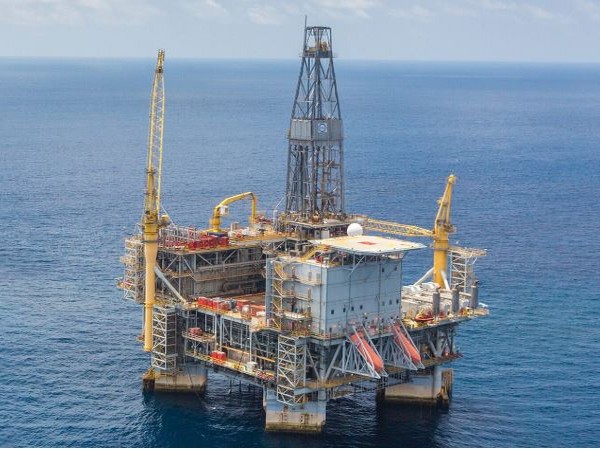Holdout Poland approves EU's $60 Russian oil price cap, with adjustment
Sados said the EU can now launch a written procedure for all 27 EU countries to formally approve the deal, and aims to formally announce it on Sunday - a day before its own embargo kicks in. The G7 price cap will allow non-EU countries to continue importing seaborne Russian crude oil using Western insurance and maritime services as long as they do not pay more per barrel than the agreed limit.

Poland has agreed to the European Union's deal for a $60 per barrel price cap on Russian seaborne oil, allowing the EU to move forward with formally approving the deal over the weekend, Poland's Ambassador to the EU Andrzej Sados said on Friday.
Warsaw had held out on approving the deal to examine an adjustment mechanism to keep the cap below the market price - having pushed in negotiations for the cap to be as low as possible, to slash revenues to Russia and limit Moscow's ability to finance its war in Ukraine. Sados said the mechanism in the final deal would keep the price cap at least 5% below the market rate.
The price cap, an idea of the Group of Seven (G7) nations, aims to reduce Russia's income from selling oil, while preventing a spike in global oil prices after an EU embargo on Russian crude takes effect on Dec. 5. Sados said the EU can now launch a written procedure for all 27 EU countries to formally approve the deal, and aims to formally announce it on Sunday - a day before its own embargo kicks in.
The G7 price cap will allow non-EU countries to continue importing seaborne Russian crude oil using Western insurance and maritime services as long as they do not pay more per barrel than the agreed limit. The initial G7 proposal last week was for a price cap of $65-$70 per barrel with no adjustment mechanism. Since Russian Urals crude already traded lower, Poland, Lithuania and Estonia pushed for a lower price.
EU countries have wrangled for days over the details, with those countries adding other conditions to the deal - including that the price cap will be reviewed in mid-January and every two months after that, according to diplomats and an EU document seen by Reuters on Thursday.
(This story has not been edited by Devdiscourse staff and is auto-generated from a syndicated feed.)
ALSO READ
Western envoys criticize South Sudan security bill that could allow warrantless detentions
Western States on High Alert Amid Rising Wildfire Risk
Western Agencies Uncover Russian Assassination Plots in Europe
Top Stories from the Western Region at 5 PM
Deadly Attack Claims 70 Lives in Western Congo Village Amidst Escalating Violence










